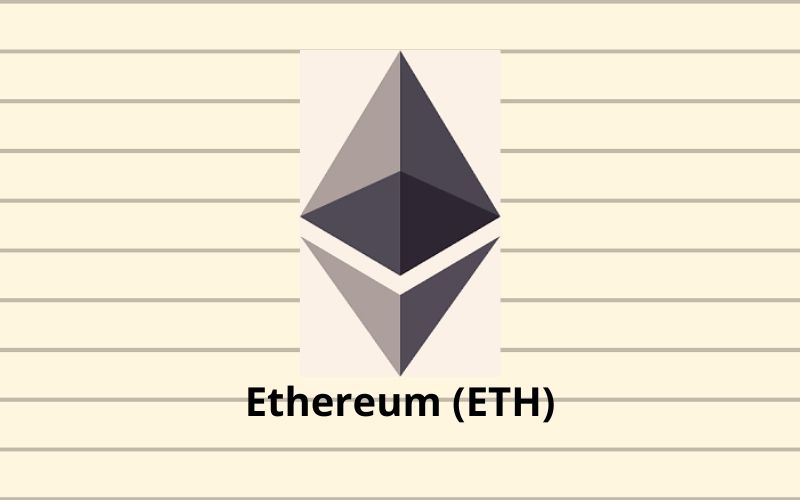According to a recent report, the Ethereum whale that lost $5.2 million to abnormal fees in two transactions has been identified.
Researchers at PeckShield, a blockchain analytics platform, shared this revelation on Twitter some hours ago. According to the report, the Ethereum address belongs to a small peer-to-peer (P2P) Korea-based cryptocurrency exchange named Good Cycle, suggesting it’s possibly running a Ponzi scheme.
Further investigation conducted by PeckShield researchers revealed that the exchange’s security is considerably lethargic, giving room for hackers to easily perpetrate their usual enterprise.
PeckShield shared this, “Update: We have identified the victim, a small P2P exchange in Korea called Good Cycle, which appears to be a Ponzi Scheme project. Our investigation found that their security is really lacking, e.g., using HTTP instead of HTTPS, and could be easily hacked.”
Update: We have identified the victim, a small P2P exchange in Korea called Good Cycle, which appears to be a Ponzi Scheme project. Our investigation found that their security is really lacking, e.g., using HTTP instead of HTTPS, and could be easily hacked.
— PeckShield Inc. (@peckshield) June 16, 2020
How the Sender’s Identity Got Revealed
Chiachih Wu, the vice president of research at PeckShield, claimed that they initiated a test transaction of 0.5 ETH to the crypto exchange Good Cycle, which was swiftly picked up and sent to the address that lost the sum of 10,668 ETH transaction fees on two occasions.
According to Wu, this move was enough to confirm that the Ethereum address belongs to the Korea-based cryptocurrency exchange.
We registered an account and deposited 0.5 eth into the given deposit address. pic.twitter.com/AUDdvxjHQx
— Chiachih Wu (@chiachih_wu) June 16, 2020
Recap of the $5.2 Million in Ethereum (ETH) Transaction Fees
About a week ago, a huge transaction fee of 10,668 ETH worth $2.6 million was paid for transferring 133 ETH, instead of normal Ethereum transaction fee of relatively $0.17.
This exorbitant transaction fee raised more questions than answers. It got virtually all members of the crypto community confused as to what could have caused such a huge error.
About 24 hours later, another transaction fee of the same magnitude was reportedly deducted from the same address for sending 350 ETH.
Meanwhile, the Ethereum (ETH) co-founder, Vitalik Buterin had suggested that the address belongs to a cryptocurrency exchange that was partially exposed to hackers’ perpetration, serving as proof to PeckShield researchers’ claims.
Vitalik Buterin wrote:
“So the million-dollar txfees *may* actually be blackmail. The theory: hackers captured partial access to exchange key; they can’t withdraw but can send no-effect txs with any gasprice. So they threaten to “burn” all funds via txfees unless compensated.”
